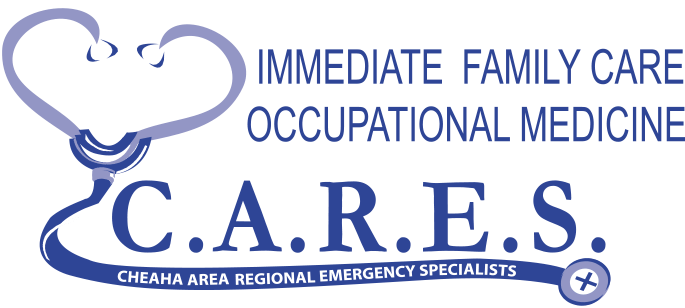Introduction:
In recent years, the advancement of Artificial Intelligence (AI) has revolutionized various industries, and healthcare is no exception. One of the most promising applications of AI in healthcare is ChatGPT, a conversational AI model developed by OpenAI. In this blog, we will delve into the fascinating journey of ChatGPT in healthcare and explore how CARES (Conversational AI for Reliable and Empathetic Support) is leading the way in integrating this technology to enhance patient interaction and improve healthcare outcomes.
The Potential of ChatGPT in Healthcare: ChatGPT is a powerful AI model that utilizes natural language processing to simulate human-like conversations. It has the ability to understand and respond to patient queries, provide relevant information, and even offer personalized recommendations. This makes it a valuable tool for healthcare professionals and patients alike.
Enhancing Patient Interaction: One of the key challenges in healthcare is ensuring effective communication between patients and healthcare providers. ChatGPT has the potential to bridge this gap by offering a conversational interface that patients can interact with comfortably. It can answer questions about symptoms, medications, and treatment options, providing patients with reliable information and easing their concerns.
Improving Access to Healthcare: Access to healthcare is a global challenge, with many individuals facing barriers such as distance, language, and limited resources. By integrating ChatGPT into healthcare platforms, CARES is making healthcare more accessible to all. Patients can now receive instant support and guidance, regardless of their location or language proficiency.
Personalized Recommendations and Health Monitoring: ChatGPT’s ability to analyze large amounts of patient data and provide personalized recommendations is a game-changer in healthcare. It can assist healthcare providers in identifying potential health risks, suggesting preventive measures, and monitoring patients’ progress. This proactive approach not only improves patient outcomes but also reduces the burden on healthcare systems.
Addressing Ethical and Privacy Concerns: While the benefits of ChatGPT in healthcare are undeniable, it is crucial to address ethical and privacy concerns. CARES ensures that patient data is securely stored and adheres to strict privacy regulations. Additionally, efforts are being made to continuously improve ChatGPT’s ability to understand and respond appropriately to sensitive medical information.
Conclusion:
The integration of ChatGPT in healthcare represents a significant leap forward in patient care and interaction. By harnessing the power of AI, CARES is at the forefront of this transformative journey, unlocking new possibilities for improved healthcare outcomes. If you found this blog helpful and informative, we encourage you to like, share, or subscribe to spread the word about the potential of ChatGPT in healthcare. Together, we can empower more individuals to embrace the benefits of conversational AI and revolutionize the way we approach healthcare.

